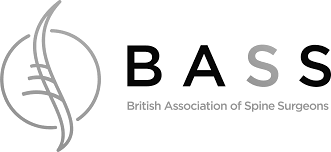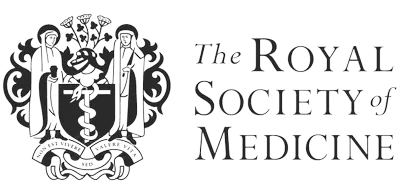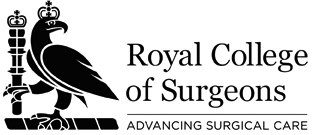Mr Jonathan Hyam, Craniofacial, Brain & Comprehensive Spinal Neurosurgeon
Mr Jonathan Hyam
Craniofacial, Brain & Comprehensive Spinal Neurosurgeon
Mr Jonathan Hyam MBBS BSc(Hons) Dip(Microsurgery) FRCS(Neuro.Surg) PhD(Oxon)
Craniofacial, Brain & Comprehensive Spinal Neurosurgeon
Mr Jonathan Hyam
Craniofacial, Brain & Comprehensive Spinal Neurosurgeon MBBS BSc(Hons) Dip(Microsurgery) FRCS(Neuro.Surg) PhD(Oxon)
Recommendations for Mr Hyam
These recommendations are for information purposes only. Doctors providing recommendations do so in good faith and are not responsible for clinical outcomes.






Recommended by:
Make an appointment
Address
-
Platinum Medical Centre
15 - 17 Lodge Road, London, NW8 7JA
-
The Lister Hospital
Chelsea Bridge Road, London, SW1W 8RH
-
The Wellington Hospital
Wellington Place, St John's Wood, London, NW8 9LE
About Mr Jonathan Hyam
Mr Hyam is a Consultant Craniofacial, Brain & Comprehensive Spinal Neurosurgeon at the world-renowned National Hospital for Neurology & Neurosurgery, Queen Square. He has been a vital part of the UCLH Adult Craniofacial multidisciplinary service since his appointment, collaborating with specialists in maxillofacial, plastics, and ENT surgery to reconstruct head shape and deformities following surgery, injury, or in syndromic conditions.
Mr Hyam's specialist expertise includes craniofacial reconstruction and cranioplastic surgery, the treatment of tumours such as meningioma, and gamma knife stereotactic radiosurgery for tumours, trigeminal neuralgia, and glossopharyngeal neuralgia. He is also highly skilled in treating spinal stenosis and disc prolapse within the neck and lower spine, as well as managing back pain and sciatica. Additionally, he performs deep brain stimulation for conditions such as Parkinson’s disease, tremor, facial pain, and dystonia.
Throughout his distinguished career, Mr Hyam has received numerous national and international prizes and honours. Notably, he was awarded America’s Congress of Neurological Surgeons’ Resident Prize for Stereotactic & Functional Neurosurgery in Washington, DC. He holds a PhD in Neurosurgery from Oxford University and a Diploma in Microscopic Neurosurgery from The Yasargil Neurosurgery Laboratory of the University of Zurich, Switzerland.
Mr Hyam is an invited specialist advisor to NICE on behalf of the British Society for Stereotactic & Functional Neurosurgery, providing expert guidance on treatments for conditions such as headache, facial pain, movement disorders, and spinal pain across the country. His contributions to the field have been recognised with the prestigious Arris & Gale Lectureship from the Royal College of Surgeons of England, an honour established in 1646 and awarded to surgeons at the pinnacle of their careers. Previous recipients include Nobel Laureate Sir Alexander Fleming.
Mr Hyam’s research in neurosurgery has been published in prestigious international journals, including The Lancet, Nature Reviews Neurology, and The Lancet Neurology. His ongoing commitment to advancing neurosurgical techniques and treatments continues to benefit patients and the medical community alike.
Areas of expertise
- Craniofacial and cranioplastic surgery
- Deep brain stimulation for parkinson’s disease
- Gamma knife stereotactic radiosurgery
- Treatment of spinal stenosis and disc prolapse within the neck and lower spine
- Tumours such as meningioma
Professional memberships




Articles by Mr Jonathan Hyam
Basal ganglia high-frequency activity is co-modulated with the phase of motor cortical beta and shifted between the subthalamic nucleus and the internal pallidum during sustained motor control
Effect of low versus high frequency subthalamic deep brain stimulation on speech intelligibility and verbal fluency in parkinson’s disease: a double-blind study
The sensitivity to change of the cluster headache quality of life scale assessed before and after deep brain stimulation of the ventral tegmental area
Entraining stepping movements of parkinson's patients to alternating subthalamic nucleus deep brain stimulation
Beta synchrony in the cortico-basal ganglia network during regulation of force control on and off dopamine
Direct neurophysiological evidence for a role of the human anterior cingulate cortex in central command
 Instant booking
Instant booking














